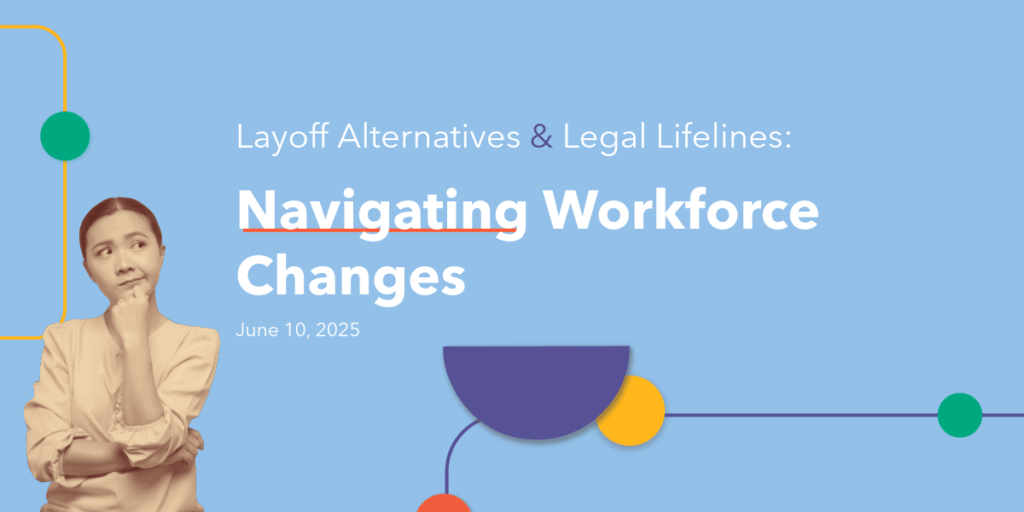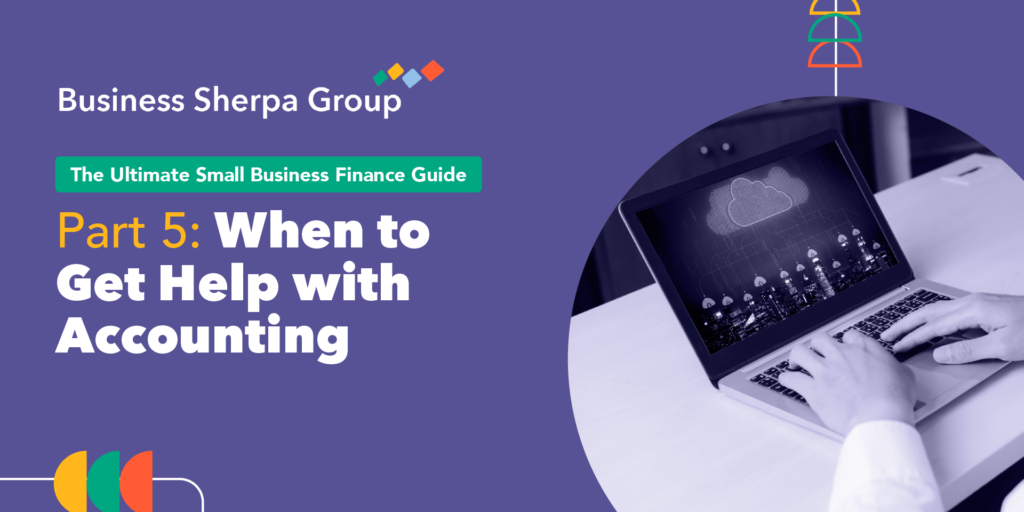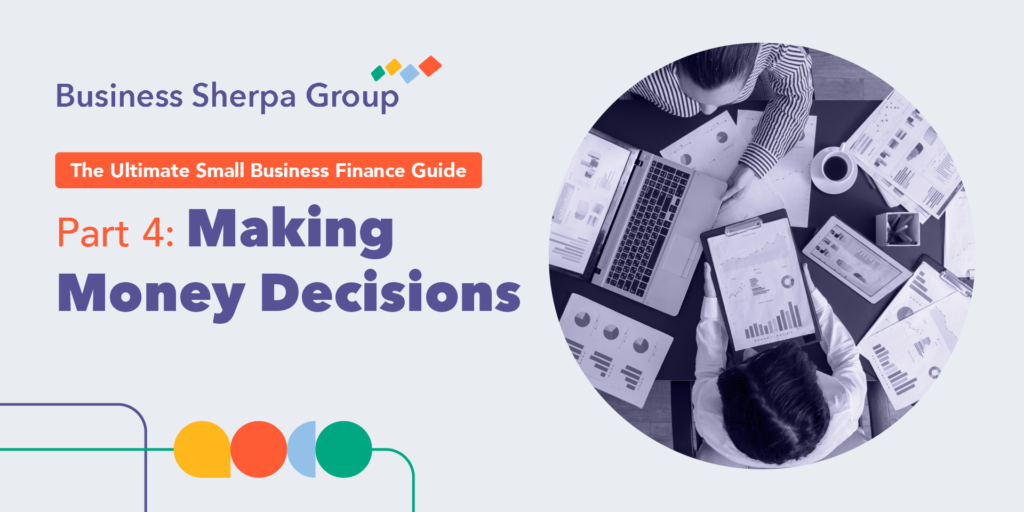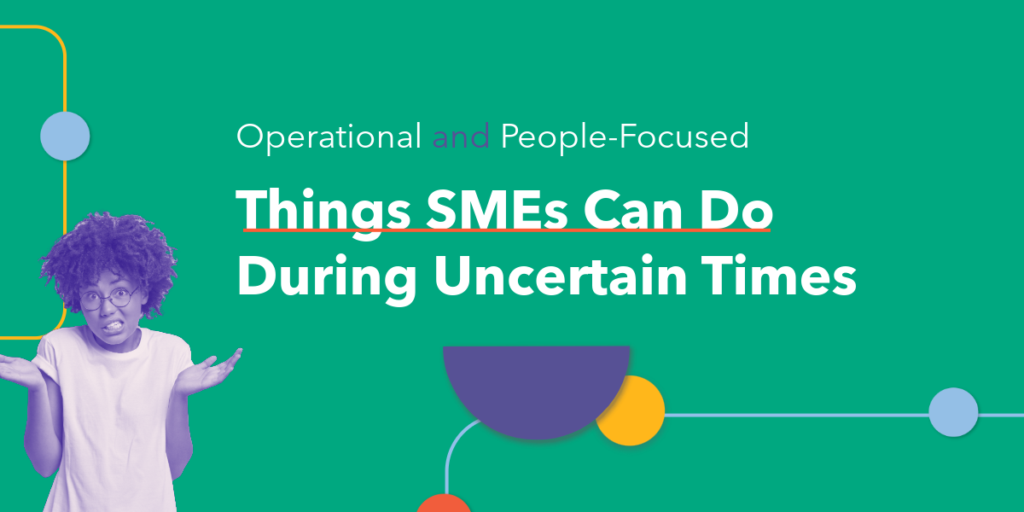Nobody likes an economy of surprises, but alas that is where we find ourselves in 2024. That doesn’t mean we should be alarmed with every coming day; it just means that small and medium-sized businesses have to become more flexible and ready to adjust as the picture adjusts.
There are many ways to do this, from updating budgets more frequently, to changing metrics for monitoring performance. One other way businesses can weather the storm is by having scenarios in place to have some sense of what to do when an issue arrives. Why should one scenario plan? We want to make a case for it.
Why Scenario Planning Helps?
Anticipating Change
Scenario planning allows small and medium enterprises (SMEs) to anticipate and prepare for changes, including market shifts, regulatory changes, competitive pressures, and external shocks. Through identifying and analyzing these scenarios, you as a small business owner can come up with contingency plans to mitigate the risks they might present, or how to be ready to capitalize on an opportunity caused as a result.
Increased Flexibility
We’re always pushing businesses to be agile, it’s the key to success in markets where consumers can change overnight. By being able to respond quickly, thanks to scenario planning, businesses can pre-emptively respond to changes, seize an opportunity, and pivot with short notice.
Managing Risk
Scenario planning is a proactive risk management tool, letting business owners navigate changes with stride and comfort knowing their plans have been thought out. By considering different scenarios, business owners can spot weaknesses and opportunities in their operations and supply chains and address them while times are better, so they’re ready for unknowns.
Scenario Planning as an Innovator
Scenario planning encourages everyone in the business to think differently about how things are done. The future is not to be feared, it is to be excited about, and discussions on the future can be a great chance to think about how the business can innovate with new changes coming their way. By brainstorming the future, business owners can find answers to other complex problems they might be having within the organization.
Improving Communication
Employees can feel lost or surprised when they’re not aware of the rationale behind decisions being made at work. That’s where scenario planning can act as a diffuser, fostering effective communication between management and employees, whether that means they get to help in setting up scenarios, or that the scenarios have plans in place for downward communication. By sharing scenario planning with the team at large, you can open up strategic discussions, foster transparency, and build trust within the full team.
Wrapping Up
Scenario planning is an important part of the yearly planning process that each business should undertake. It takes time and effort, but the benefits are tenfold, from fostering trust to ensuring stability, clarity, and innovation.
Nobody can predict the world with absolute certainty. But what business owners can do is plan out for what they’re seeing now, so that no matter what the future holds, there is a plan for their small business to weather it.
Scenario planning requires accountants, HR experts, and experienced business leaders. Sometimes, an outside look can make all the difference to a small business, who might not be as able to identify potential weaknesses their organization has given their immersion in the business. We offer planning sessions and assistance for small businesses to get the most out of their planning, at rates that are highly affordable to small and medium businesses. So, now you know why you need to scenario plan, let’s meet to discuss how!










